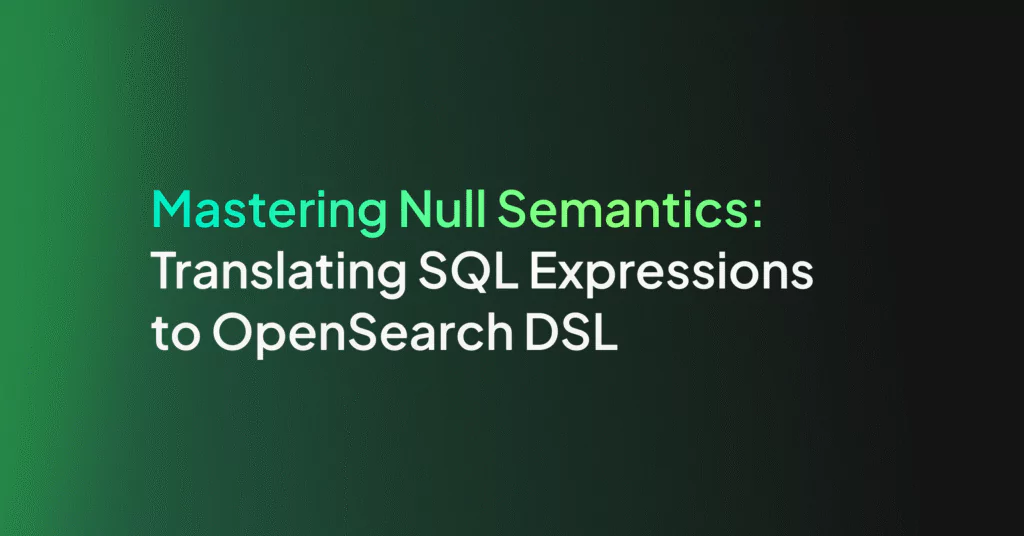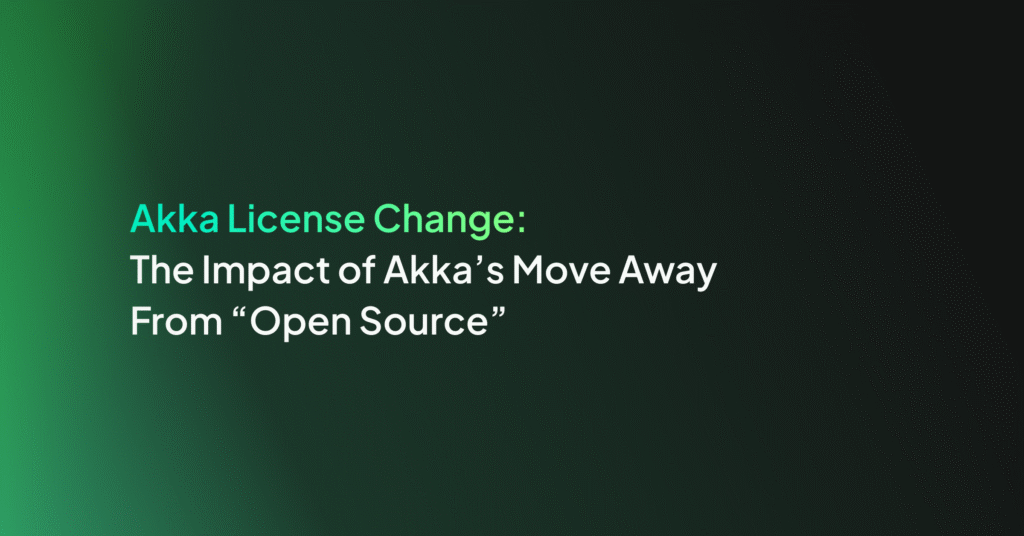5 Common Distractions that Risk Breaking up Your Product Focus

Maintaining product focus is the best way to guarantee a successful business. As the late great Steve Jobs put it:
“if you keep an eye on the profits, you’re going to skimp on the product… but if you focus on making really great products, the profits will follow.”
There are a wide variety of statistics available on how much time developers actually spend writing code, anywhere from 25% to 32%. Whichever is true, these studies show that your developers could (and should) be spending more time focusing on actually developing your product. In this post, we’re going to examine some of the common roadblocks developers face, and how you can enable them to overcome them and optimize your IT costs.
Distraction #1 – Sifting Through the Noise
A complex system or product can produce millions of logs a day. Some of them hold important information that may need to be addressed, but for the most part they simply cause a ton of noise. Noise is killer for productivity. In order to keep things running smoothly, with minimal maintenance from developers, you’ll need a solution that can provide succinct error analysis.
One way to do this is by clustering common logs based on shared attributes. Automated clustering of similar logs is the first step to giving your developers more time in their day to focus on product development. Coralogix uses new Streama technology to automatically analyze your logs and prioritize the ones that hold the most value for your business.
Distraction #2 – Trying to Understand What’s ‘Normal’
Understanding what constitutes ‘normal’ behavior in complicated systems is tricky. When dealing with multiple releases per day and the multiple factors involved, it gets even more complicated.
One common way developers are alerted to the effects of system changes is by relying on threshold alerts. Threshold alerts rely on manually set parameters which are time consuming and commonly lead to false positives (i.e. more noise). Replacing these alerts with a machine learning solution that can understand your system and product’s baselines and adjust dynamically, will keep your team on task and only alert them when they’re needed. No more wild goose chases.
Distraction #3 – Staying on Top of Technical Debt
Nobody wants to worry about technical debt, that’s why it exists, but it’s important to recognize that it only becomes more troublesome as time passes. Every known error that’s released to production can mean a week of troubleshooting waiting for your developers. That’s a lot of time being pulled away from product development.
Plus, it’s expensive! If you want to try and quantify the actual cost of remediating technical debt from known errors, it’s between $3.61 and $5.42 per line of code. That cost comes from the time taken to apply fixes to issues caused by known errors in production.
Distraction #4 – Upgrading Supporting Systems
Monitoring and logging systems are incredibly important for any organization. Upgrading, managing and optimizing these systems is equally as important, but is also a huge distraction from your product.
When your engineers upgrade your ELK stack, they aren’t focused on product development. Your ELK stack forms a powerful part of your technology, but it isn’t your product. Your development team won’t have a product-focused mindset when they are applying a fix to each index following the latest Elasticsearch upgrade. Switching to a managed log and monitoring solution will help. Focus on your product and leave log management to the specialists.
Distraction #5 – Responding to Releases
Once you release a feature, a development team with a product focus ought to be working on the next release. However, releases sometimes have unpredictable or unforeseen impacts on your overall build quality and system performance.
The ability to carry out post-release reports on overall system performance is key for maintaining product focus. This allows your developers to move onto the next big thing.
Product Focus and Centricity with Coralogix
What’s the bottom line? A strong and independent logging and monitoring system underpins a development team’s ability to do what they do best. Coralogix provides expertise-driven out-of-the-box functional and scalable logging solutions, reducing time spent on activities which detract from product focus.
Loggregation gives your developers a succinct overview of all your log outputs, clustering them based on commonalities and saving them time when troubleshooting. Combine this with an advanced, unified UI and an intelligent open search functionality, and the time your developers spend on tasks not related to product development will reduce dramatically.
Coralogix deals with billions of logs per day for customers big and small through by offering a fully managed service. Using intelligent machine learning, Coralogix can establish performance baselines and identify known error patterns automatically. This scalable solution gives tangible relief on development resources, allowing producthttps://coralogix.com/docs/user-guides/monitoring-and-insights/anomaly-detection/new-error-and-critical-logs-anomaly/ development to take priority.
Automated benchmark reports give your team total awareness of the impact that new releases will have on build quality. This Coralogix feature means that you’ll always be up to date on your system’s health.
These offering and Coralogix’s overall innovative spirit ensure that your developers will have more product focus.




